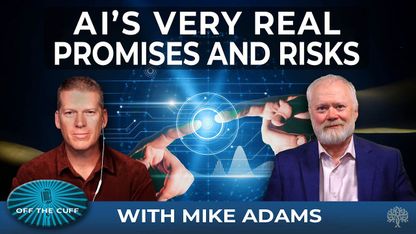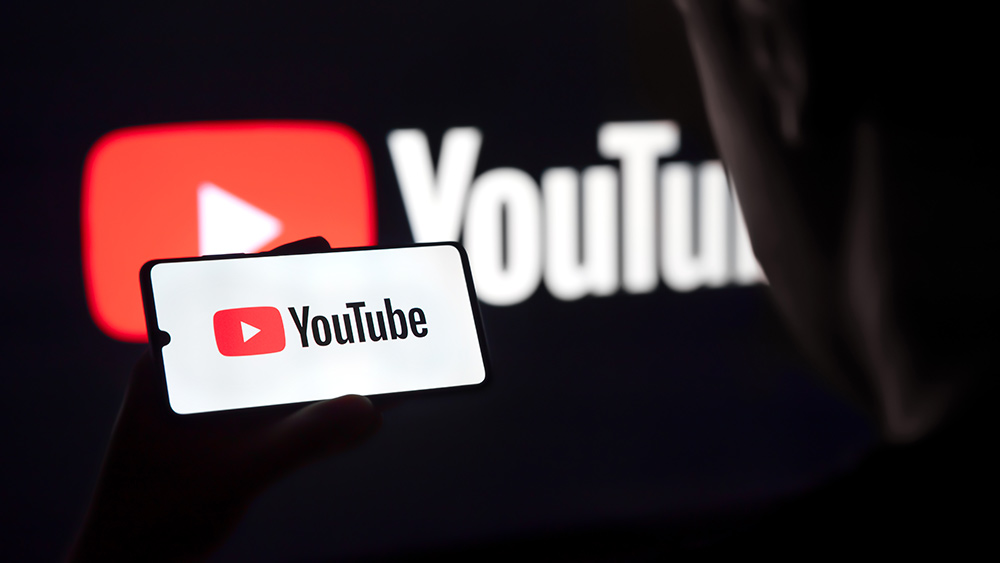
- President Donald Trump signed the Take It Down Act into law with rare bipartisan support, criminalizing non-consensual intimate imagery (including AI deepfakes) and mandating swift platform removals. However, critics warn its vague language risks overreach and censorship.
- First Lady Melania Trump championed the bill, making rare public policy appearances and symbolically signing it. Her focus framed AI and social media as dangers to children, though her ceremonial role sparked questions about governmental norms.
- The law's enforcement mimics the DMCA, allowing accusations (without proof) to trigger content removals. Critics fear it could suppress satire, journalism or dissent, with platforms incentivized to over-censor to avoid penalties.
- Compliance may force platforms to scan private messages, weakening encryption and endangering security for activists, journalists and users – echoing past controversial proposals like the EARN IT Act.
- While combating deepfakes is a valid goal, the law’s broad language and lack of safeguards risk enabling government overreach, politicized enforcement, and long-term threats to digital freedoms.
President Donald Trump signed the Take It Down Act into law Monday, May 19, marking a rare bipartisan victory in Washington. Prior to reaching his desk, it passed both chambers of Congress with overwhelming support.
Championed by First Lady Melania Trump, the Take It Down Act aims to combat the spread of non-consensual intimate imagery (NCII), including AI-generated deepfakes – realistic but fabricated videos or images. It criminalizes the distribution of explicit content without consent, requiring platforms to remove flagged material within 48 hours.
But while the law is hailed as a win for online safety, critics warn that its vague language could stifle free speech, enable government overreach and set a dangerous precedent for digital censorship. Its broad definitions – such as "sexually explicit conduct" and "identifiable individual" – leave room for abuse. Legal experts fear satirical memes, political parodies and even investigative journalism could be swept up in takedown requests without due process. (Related: Trump-backed Take It Down Act nears final approval.)
Melania, who rarely engages publicly in policy, became the face of the bill, lobbying Congress and appearing at the Rose Garden signing. The president invited her to symbolically sign the legislation – a gesture underscoring her advocacy, but raising eyebrows about the blurring of ceremonial and governmental roles. The first lady's remarks framed AI and social media as threats to children, calling them "digital candy" that can "shape beliefs and even be deadly."
Free speech vs. digital protection
The law's enforcement mechanism mirrors the controversial Digital Millennium Copyright Act (DMCA), which has been weaponized to silence critics under the guise of copyright claims. Like the DMCA, the Take It Down Act allows accusations – not proof – to trigger removals.
Platforms face penalties for non-compliance, incentivizing rapid censorship. Worse, the Federal Trade Commission (FTC), a politically influenced agency, will oversee enforcement – risking partisan bias in deciding what constitutes "harmful" content.
Buried in the debate is the law's potential impact on encrypted messaging. To comply, platforms may be forced to scan private communications – undermining security for journalists, activists and ordinary users.
This echoes past failed proposals like the EARN IT Act, which sought to weaken encryption under the pretense of combating exploitation. Critics argue the Take It Down Act follows the same playbook. It may have noble intentions, but it can be dangerous in execution.
While combating deepfake exploitation is a legitimate goal, the law's ambiguity and lack of safeguards threaten to erode free speech and privacy. As with many well-meaning reforms, the devil is in the details.
In this case, the details could empower regulators to police the internet in ways far beyond their original mandate. The question isn't whether victims deserve protection, but whether this law will protect them – or simply become another tool for control.
Visit Glitch.news for more stories like this.
Watch this video about how AI deepfakes are getting terrifyingly real.
This video is from the My Opinion Counts channel on Brighteon.com.
More related stories:
TAKE IT DOWN Act advances in Congress amid free speech concerns.
WARNING: AI-powered DEEPFAKE VOICE SCAMS are now coming for your bank balance.
Mainstream publications collude with AI company to load searches with fake, AI-generated content.
NewsBreak app slammed for using AI to write FAKE NEWS.
Google Gemini AI creates fake book reviews to defend Google.
Sources include:
Please contact us for more information.






















